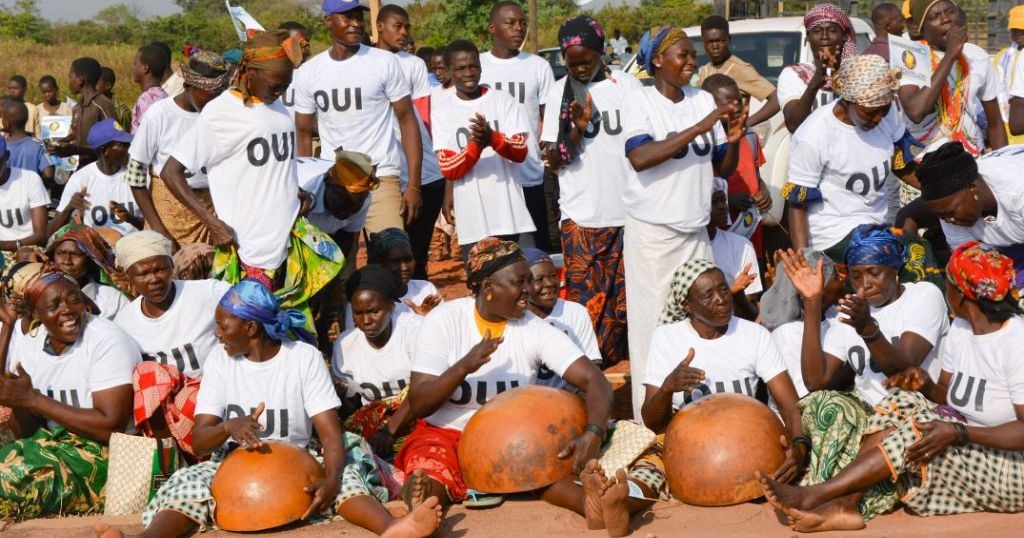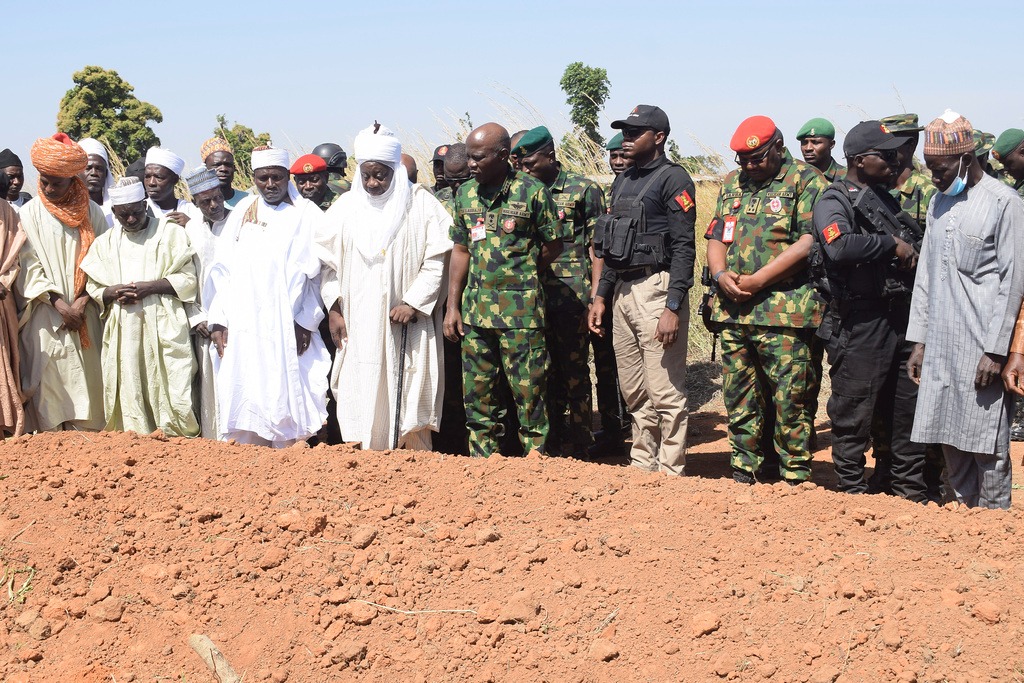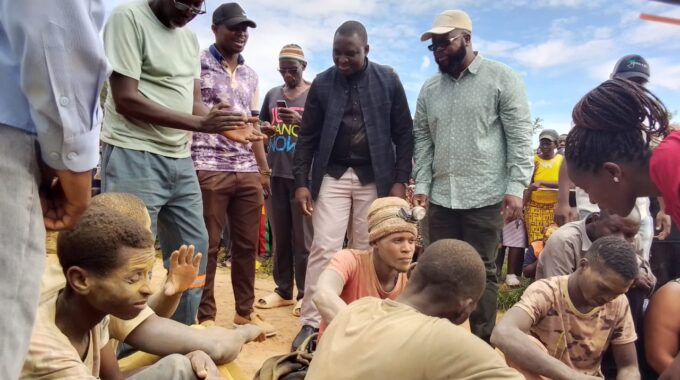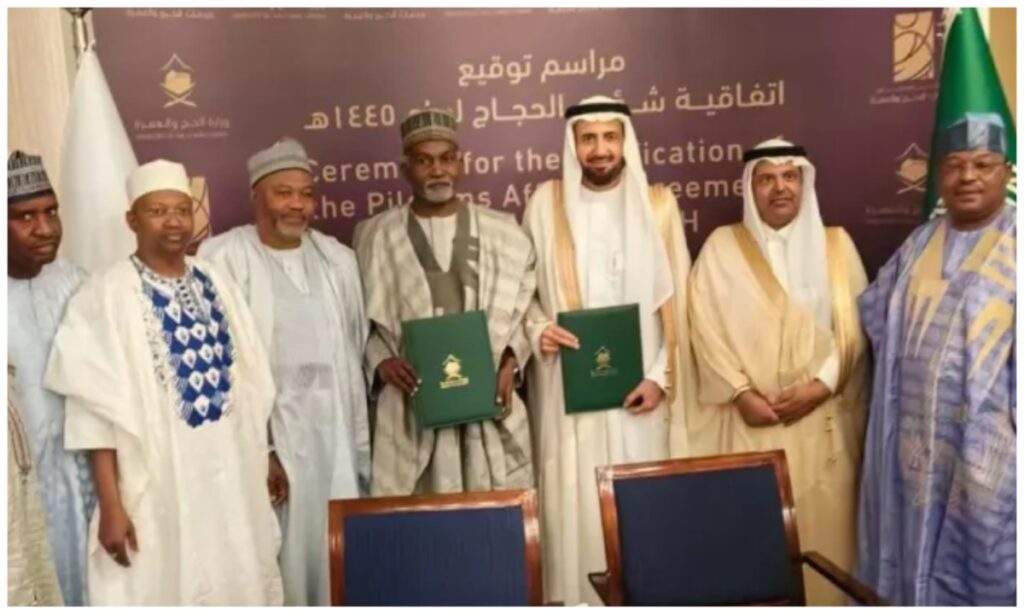As Chad’s referendum campaign launched on November 25, the country’s political landscape is becoming increasingly divided, with voters gearing up to decide on a new constitution. Chad’s eight million registered voters will cast their votes on December 17, following a twenty-day campaign period marked by contrasting viewpoints from both sides.
While several opposition parties are calling for a boycott of the vote, arguing that the outcome is predetermined, others are advocating for a “no” vote in favour of transitioning to a federal state. Proponents of federalism believe that a federation could facilitate autonomous development in different regions of the country, considering Chad’s vastness, cultural diversity, and economic disparities.
Brice Mbaïmong, Coordinator of the Front for the No vote in the referendum, expressed support for a federal state, stating, “We believe this is the form best suited to Chad, given the vastness of the country and its cultural, social, and economic diversity. We believe that this is the form of the state that will promote good administration and the economic development of our country.”
On the other hand, those urging citizens to vote “yes” argue in favour of Chad remaining a decentralised unitary state, contending that a federation could potentially further fragment the country. However, the referendum has faced criticism from opposition groups, non-governmental organisations (NGOs), and other political parties.
Political analyst Yamingué Bétinbaye highlighted concerns about the process, stating, “We need to restart the process because it is not in line with the national dialogue, which actually provided for two referenda or two votes by the electorate.” Bétinbaye proposed a two-step voting process, with the first vote determining the form of the state—unitary or federal—and the second validating or invalidating the draft constitution based on the chosen form.
The referendum campaign has ignited intense debates and discussions about Chad’s future governance structure. The differing perspectives reflect the complexity of the issue and the aspirations of various segments of the population. As the referendum date approaches, Chad faces the challenge of navigating these divisions and ensuring a transparent and inclusive process.
The outcome of the referendum will have significant implications for Chad’s political future and the distribution of power within the country. It is crucial for the government to address concerns raised by opposition groups and civil society organisations, fostering an environment that encourages dialogue and promotes the participation of all citizens in shaping the nation’s governance system.
Ultimately, the success and legitimacy of the referendum will depend on the transparency of the voting process, the respect for democratic principles, and the inclusivity of decision-making. Chad’s leadership must work towards fostering national unity and consensus-building to navigate this critical phase in the country’s political development.









No comment yet, add your voice below!